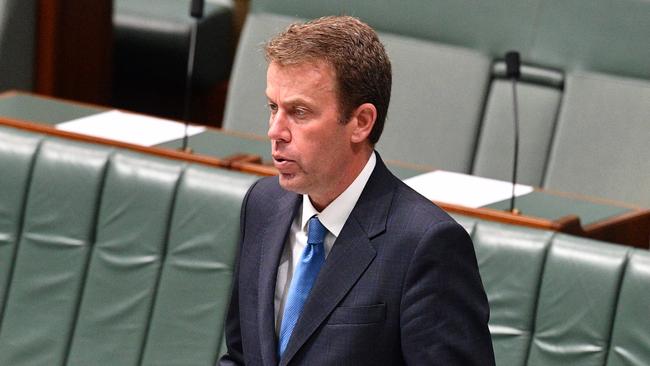Stolen Generations fears must not get in way of child safety
Fears of another Stolen Generations must not stop indigenous children being taken from family if they’re at risk.

Aboriginal leader Warren Mundine said fears of repeating the Stolen Generations must not stop indigenous children from being taken from their family if they’re at risk of being abused.
The former head of the Prime Minister’s Advisory Council’s comments came after a leaked 2014 memo from Northern Territory child protection revealed staff were forced to have training after allowing young girls to sleep with older men on cultural grounds.
Mr Mundine said child safety came first. “Children can still be close to their culture and learn about their culture outside the immediate family,” he said. “If they are safe with family members from sexual, physical, or mental abuse, then that’s fine. But the idea that cutting them off if it’s not safe will harm their connection to their culture is just nonsense.
“There is this fear about repeating the Stolen Generations. All governments need to do is enforce the law. That’s all they need to do.”
The memo from the Department of Children and Families NT published in The Northern Territory News yesterday was written in November 2013 by then chief executive Jodeen Carney who expressed concerns staff were allowing the sexual assault of young girls due to Aboriginal cultural practices.
The note reminded staff the “age of consent in the Territory is 16” and ordered they undertake cultural training that would address Aboriginal beliefs and customs related to family structures and child safety.
As revealed in the NT News today, Ms Carney commissioned a report in 2015 to investigate the abuse of underage girls by older Aboriginal men, often dismissed as “cultural practice”. The report, written by social anthropologist Jane Lloyd in September 2015 also documents concerns among frontline staff they feared being branded a “racist” or of creating a “second stolen generation,” which affected the decision making of some child protection workers.
“Tensions exist between and among FCF staff over perceptions that ‘culture’ is, or should be, given unmoderated priority over child protection concerns, and about what cultural considerations are appropriate within child protection statutory responsibilities and legal requirements,” the report says.
The report said past policies of child removals were in the “living memory” of Aboriginals in the Northern Territory, which may have impacted the decisions of child protection workers when it came to removing abused or neglected children.
“A fear of being accused of racism, assimilationism, and contributing to another ‘Stolen Generation’ may deter colleagues from assessing or questioning cultural advice or information in the context of child protections,” the report reads.
There is still community outrage after a two-year-old at Tennant Creek was raped, despite authorities being alerted more than 20 times about violence and other incidents within the family.
Aboriginal academic Anthony Dillon said current child protection policy could lead to attempts for financial redress by Aboriginal children. “We’re going to have a situation where children sue the government because they left them in disgusting, unsafe conditions just because they were Aboriginal,” he said. “It’s time to stop thinking of them as Aboriginal children and think of them as Australian children.”
The memo has reignited Aboriginal debate about how to reconcile child safety concerns and ancient kinship traditions.
National Voice for Our Children chairwoman Sharron Williams said the indigenous community was working hard to address problems of child abuse and it was important to maintain kinship systems. “Our No 1 concern is the safety of our children, and no cultural practice supports or encourages the sexual assault or exploitation of children,” she said
Social Services Minister Dan Tehan said there were no cultural issues that should take precedence over a child’s safety.
“We have to make sure the outcomes on the ground mean the Australian law is being abided by, that we are putting in place policies which means where there are young girls in danger, that we will act,” he said.
Research released this week found indigenous children are about seven times more likely than non-indigenous children to be the subject of substantiated child abuse or neglect, and are over-represented in Australia’s child protection system.


